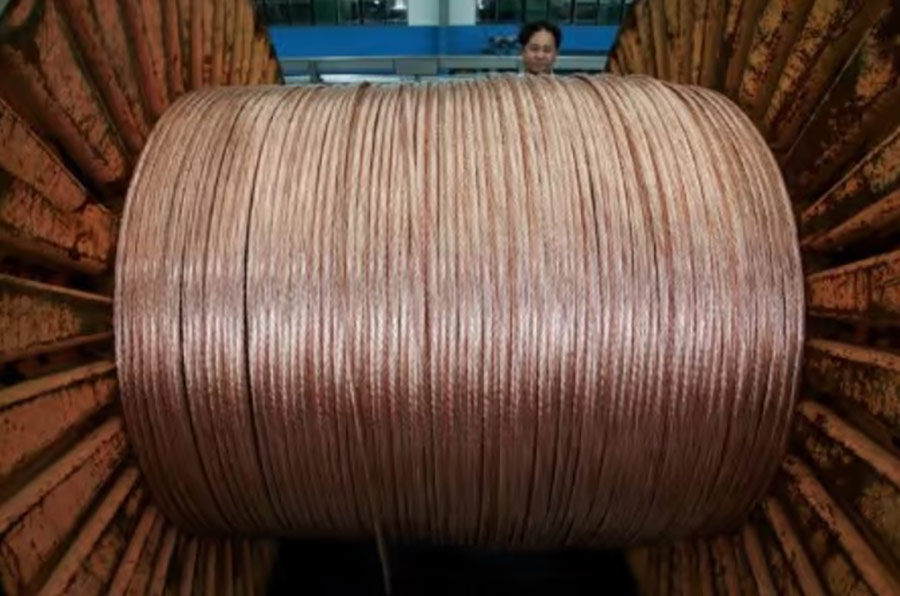LONDON- Global copper smelting activity fell in June, resuming a downtrend seen earlier this year, data from satellite surveillance of metal processing plants showed on Tuesday, despite activity in China rising to its highest level since January 2021.
“Outside China, smelting activity weakened from May in all regions except for Asia & Oceania,” commodities broker Marex and the SAVANT satellite service said in a statement.
Earth-i, which specializes in observational data, tracks smelters representing 80-90 percent of global production. It sells data to fund managers, traders and miners. It also publishes a free monthly index of global copper smelter activity.
Its global dispersion index fell to 45.9 in June from 46.2 in May, while China smelting activity rose 3 points to 55.7.
A measure of 50 points indicates that smelters are operating at the average level of the past 12 months.
In nickel, the global dispersion index fell to 40.4 in June from 41.8 in May, the seventh consecutive monthly fall and its lowest level in a year.
The China nickel pig iron (NPI) dispersion index fell back to 44.0 from 47.1 in May, recording its fourth consecutive month below the average of 50.
China’s move to restrict the exports of two metals crucial for making some types of semiconductors and electric vehicles is a warning that China will not be passively squeezed out of the global chips supply chain, the Global Times said.
In an editorial published late on Tuesday, the Chinese state media tabloid said the imposition of controls on exports of some gallium and germanium products was a “practical way” of telling the US and its allies that their efforts to curb China from procuring more advanced technology was a “miscalculation”.
It also argued that China had for years exploited its own rare earth resources at the expense of the environment to supply the global semiconductor industry.
“Under such circumstances, why can’t China make the necessary adjustments and be more cautious about consuming its limited rare-earth resources to support those that have been sided with the US-led “decoupling” push from China?,” it said.
“There’s no reason for China to continue exhausting its own mineral resources, only to be blocked from pursuing technological development…,” it said.
The controls do not mean that China will ban exports of the metals but authorities will have the right to reject export applications if the products involve military use or are used in scenarios that may undermine China’s national security and interests, the newspaper added.





